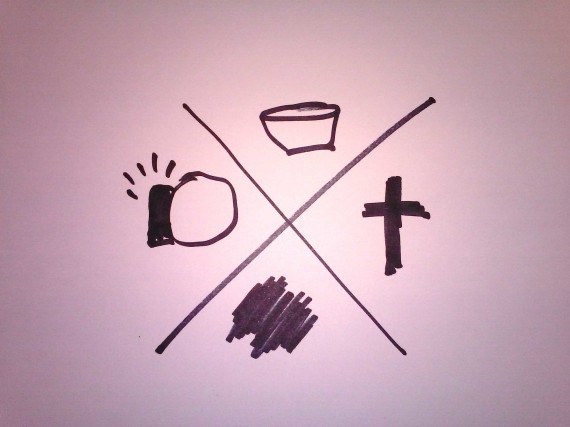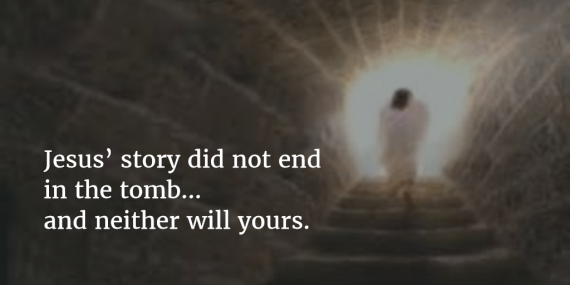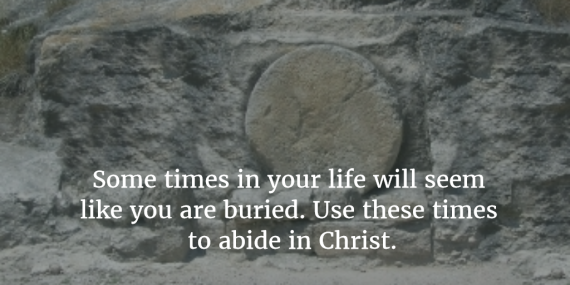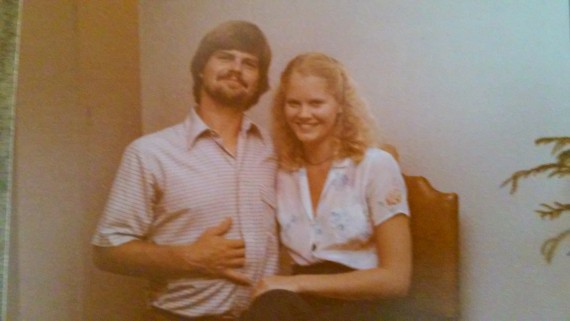Often resurrection is considered primarily or solely as that which will happen to disciples at the end of the age. Praise God that is true. Christ defeated death through His resurrection. But Scripture clearly teaches the reality of the resurrection in our present journey with the Master:
“Therefore we were buried with Him through baptism into death that just as Christ was raised from the dead by the glory of the Father, even so we also should walk in newness of life. For if we have been united together in the likeness of His death, certainly we also shall be in the likeness of His resurrection†(Romans 6:4-5).
“And if Christ is in you, the body is dead because of sin, but the Spirit is life because of righteousness. But if the Spirit of Him who raised Jesus from the dead dwells in you, He who raised Christ from the dead will also give life to your mortal bodies through His Spirit who dwells in you†(Romans 8:10,11).
Because Jesus is alive today, our following Him is not merely the preservation of past memories. We are not simply keeping Him alive in our thoughts. Instead, He actually walks alongside us as Jesus did with the two disciples on the way to Emmaus (Lk. 24:13-35).
As we follow the Jesus way, burial leads to resurrection. As we have said elsewhere, Jesus’ story did not end in the tomb, and neither does yours. Resurrection is the passion of God to complete the gospel story in you.
Here is an amazing key to understanding where you are along the Jesus way. Clarify your story by working backwards: If you want to know where resurrection-life is being manifest in you, look where you have had a burial-like experience. And when you want to identify a burial-like experience, search for the Golgotha-like experience which required sacrifice. Finally, look for the Gethsemane experience where God initiated this gospel cycle by asking you to surrender to His will over your own.
 You may wonder why I choose the “manifestation†as the main idea of present-day resurrection. Why not focus on new life, or power, or glory? Why not victory, or shalom, or healing? Why not passing the test, or learning the lesson? These are all quite wonderful. But resurrection is not primarily about us. It’s is about God fulfilling His promises in the Son. As His crucifixion loomed, Jesus said in His disciple’s presence:
You may wonder why I choose the “manifestation†as the main idea of present-day resurrection. Why not focus on new life, or power, or glory? Why not victory, or shalom, or healing? Why not passing the test, or learning the lesson? These are all quite wonderful. But resurrection is not primarily about us. It’s is about God fulfilling His promises in the Son. As His crucifixion loomed, Jesus said in His disciple’s presence:
“Now My soul is troubled, and what shall I say? ‘Father, save Me from this hour’? But for this purpose I came to this hour. Father, glorify Your name†(John 12:27-28a).
On the eve of His death, and just after Judas had gone out to betray Him, Jesus referred again to the manifestation of His glory in His impending crucifixion.
“So, when he had gone out, Jesus said, ‘Now the Son of Man is glorified, and God is glorified in Him. If God is glorified in Him, God will also glorify Him in Himself, and glorify Him immediately†(John 13:31-32).
And so I am convinced that we go through these rigorous gospel cycle experiences primarily to make Christ manifest as the risen Lord who lives in and through us. Without comparison, this is the most profound experience affordable to any man, woman, or child.
Got hope?


